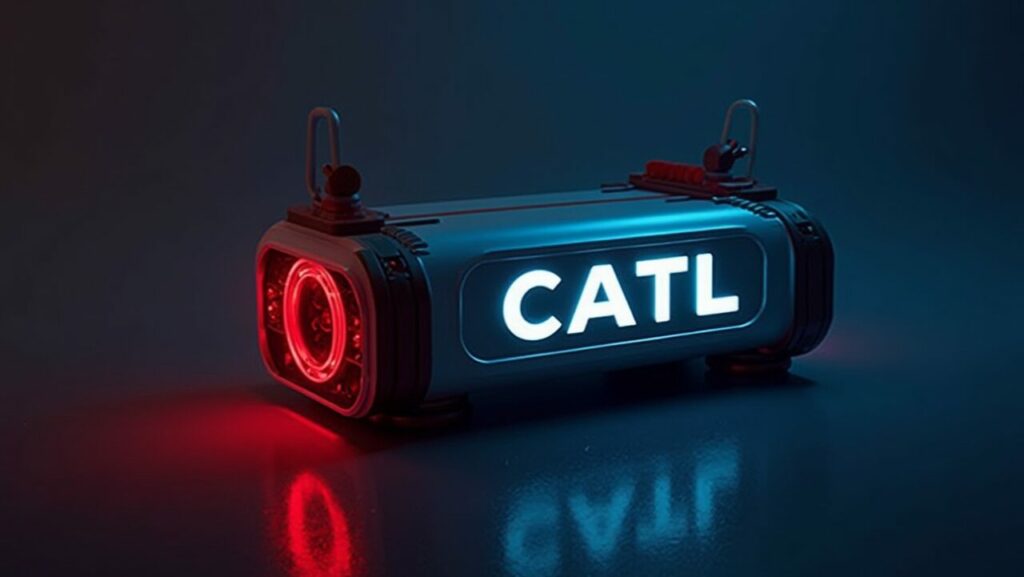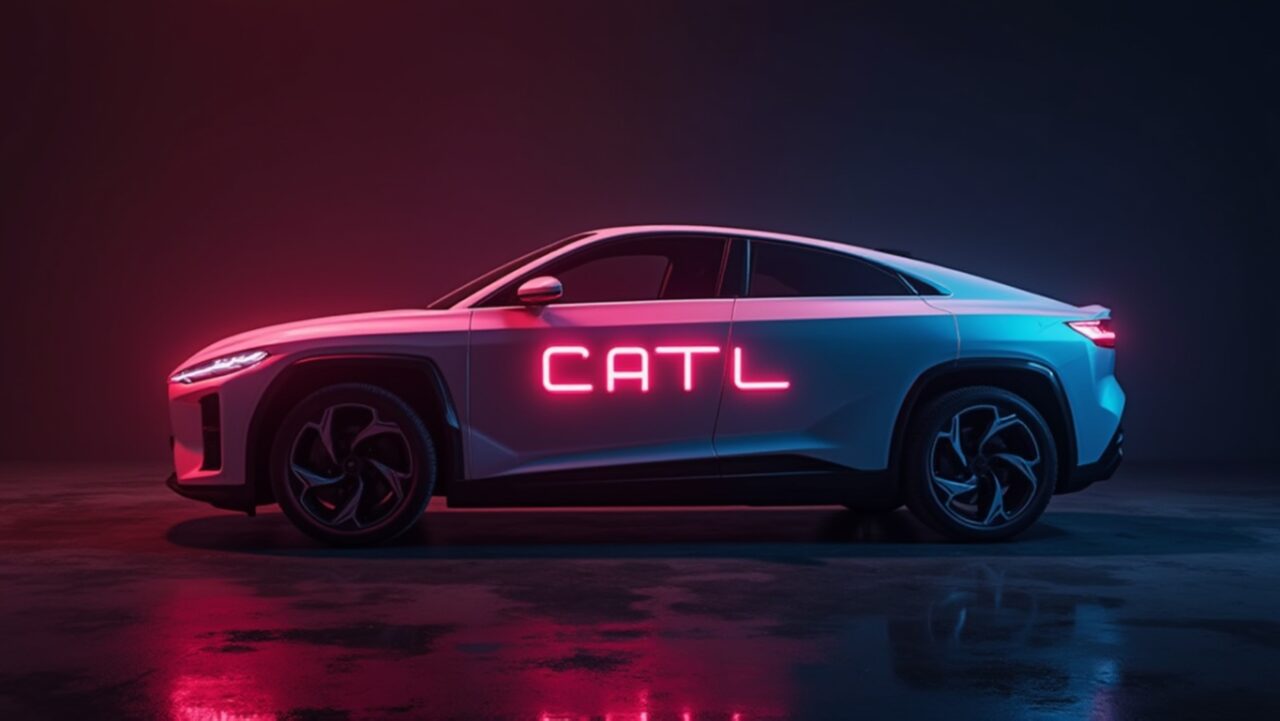The electric vehicle industry is facing an exciting development. CATL, one of the world’s largest battery manufacturers, has announced that after 10 years of research, it has started trial production of solid-state batteries with an energy density of 500 Wh/kg. So why are these batteries important?
Target 2027: CATL begins mass production of solid-state batteries with 500 Wh/kg energy density
This new technology, which could double the range of electric vehicles, is the result of more than 10 years of CATL’s work on sulfur-based solid-state technology. Thanks to their high energy density, the new batteries could greatly extend the charging intervals of electric vehicles and reduce reliance on charging points.

The company’s goal is to put these batteries into mass production by 2027, taking the performance and range of electric vehicles to a whole new level. CATL has allocated a huge amount of resources to this project: 1,000 engineers are working on all the details of this solid-state battery project.
The company says that the 500 Wh/kg energy density achieved as a result of this intensive R&D process offers about twice as much energy as current electric vehicle batteries. However, in addition to high energy density, CATL is also working on improvements in charging speed and battery life.
Once they overcome the technical challenges of trial production, they believe they will offer a revolutionary solution for electric vehicles. The company’s CEO said that CATL is well ahead of the competition when it comes to solid-state batteries and that they plan to use this technology first in electric vehicles in the luxury segment, as it will be expensive at first.
For example, Toyota is planning to use solid-state batteries in premium brands such as Lexus, while CATL is expected to apply this new technology in a wider range of vehicles. To summarize, CATL is a major company with the potential to solve the range and charging problems of electric vehicles. With the new technology, 2027 could be a revolutionary period in the electric vehicle industry.













